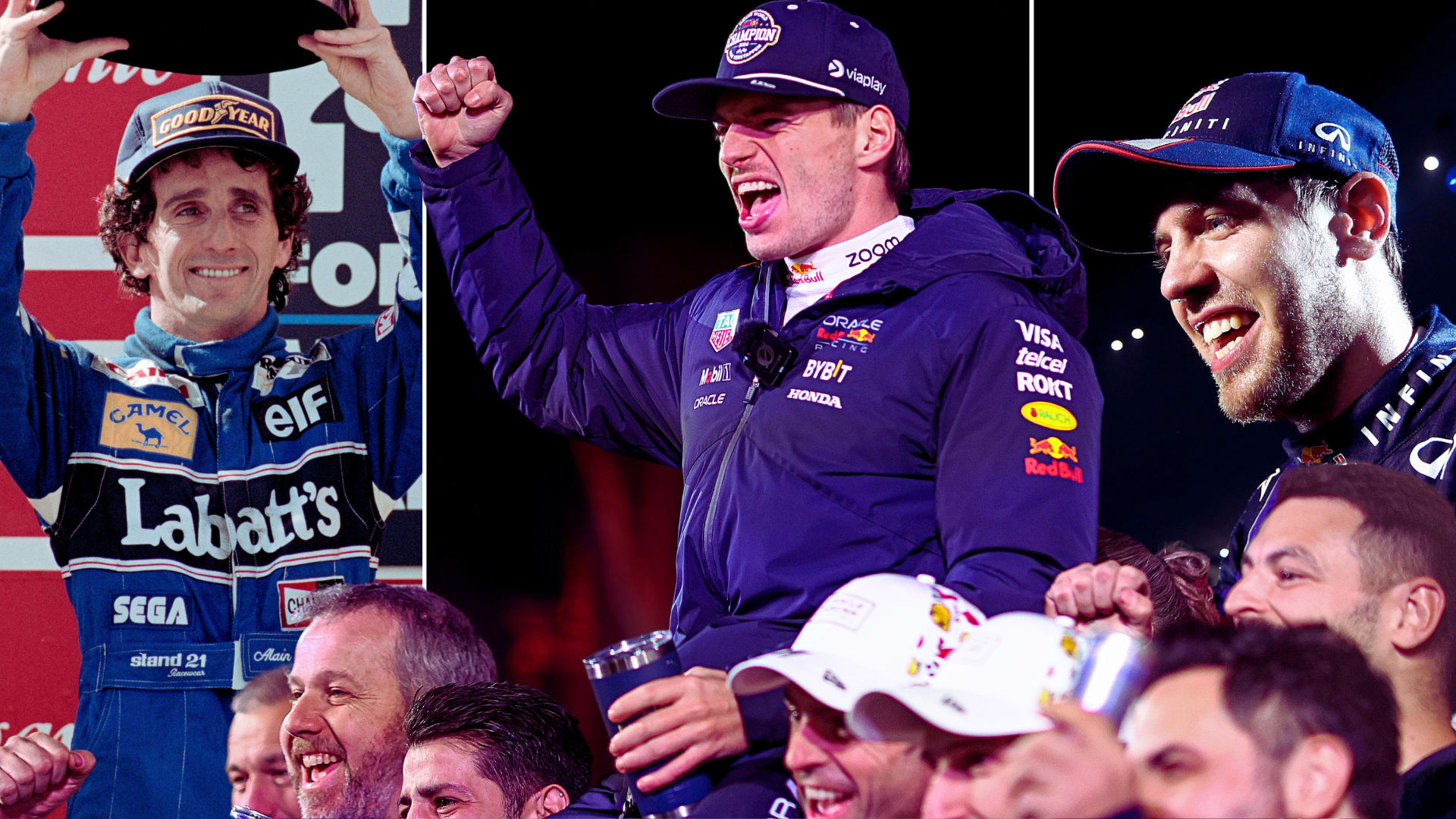Bussiness
As a CEO, I don’t share my personal life on LinkedIn. When my wife had another miscarriage, I posted about it so men know they’re not alone.
This as-told-to essay is based on a conversation with Daniel Robbins, CEO of IBH Media. It has been edited for length and clarity.
I usually stick to business or work-related topics on LinkedIn. That changed earlier this month when I found myself struggling with a deep sadness after my wife, Kate, had her third miscarriage.
We were both frustrated and so upset. Kate could turn to her pregnancy-related app to “talk” with other women who had been in her shoes. As a man I had no similar space, but I wanted one. I needed to know how other people got through this. How did they process the trauma? Did they continue to try for a child amid what feels like bleak odds?
I couldn’t ask these questions of my male friends. It felt too awkward. Instead, I found myself turning online. I posted about the agonizing days that we had experienced, the way I had cried uncontrollably learning that the pregnancy was gone, and the grief I felt for what could have been.
I became very depressed after our first miscarriage
This wasn’t my first experience with loss. In early 2020, Kate had a missed miscarriage. We spent months getting excited about adding to our family, only to be told that wouldn’t happen.
It was absolutely devastating for me. I’m an anxious person, so I spent years thinking about everything that could go wrong if I had a child. During that pregnancy, it felt like the stars aligned. I was finally able to overcome my anxiety and get excited about being a father.
Losing the pregnancy was the darkest time of my life. I stopped eating almost entirely and lost 40 pounds. My doctor told me I couldn’t go on like that.
Oddly, COVID-19 saved my life. As the world shut down, Kate and I were spending more time together. We were able to process our loss and heal.
I’ve been able to be a role model for Kate’s kids, but want to be a dad
Kate has two adult children from a previous relationship. I’m lucky that I’ve always been able to serve as a male role model for them. At the same time, we wanted to add to our family, and I wanted to be a dad.
We continued to try for a baby, and last year, Kate found out she was pregnant. Just a few days later, she miscarried. That loss was somehow easier. I hadn’t had time to get excited and emotionally invested.
This third time, Kate was seven weeks pregnant when she miscarried. It was a medical emergency, and she needed surgery. Even though I have been through this grief before, the stakes this time felt even more profound. I worried it was the end of our attempts at having a baby since I’m 40 and Kate is 44.
With Kate’s encouragement, I posted in hopes of connecting with other people who have been where I am.
My post showed me I’m not alone in my grief
The LinkedIn post collected dozens of comments, and many people messaged me privately. About half were men, and half were women. Some people who I barely knew shared stories that they wouldn’t have shared publicly.
I know I’m not alone in my complex feelings about this loss. Older parents are becoming more common, and with that, the risk of miscarriage increases. At the same time, we live at a time when it’s becoming more socially acceptable for men to talk about their emotions.
There’s a belief that men and women don’t have the same feelings or experiences, especially when it comes to parenting and pregnancy loss. My post has shown me that we’re all human, and there are more similarities than differences in our grief. When we realize that, we can help each other.


.jpg)





